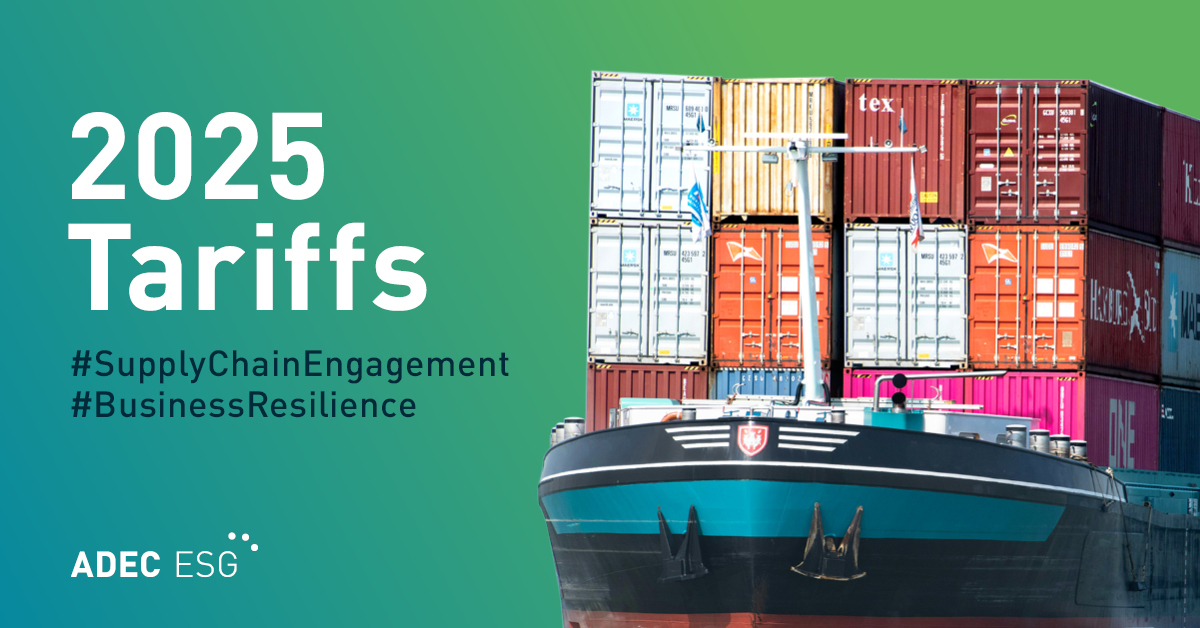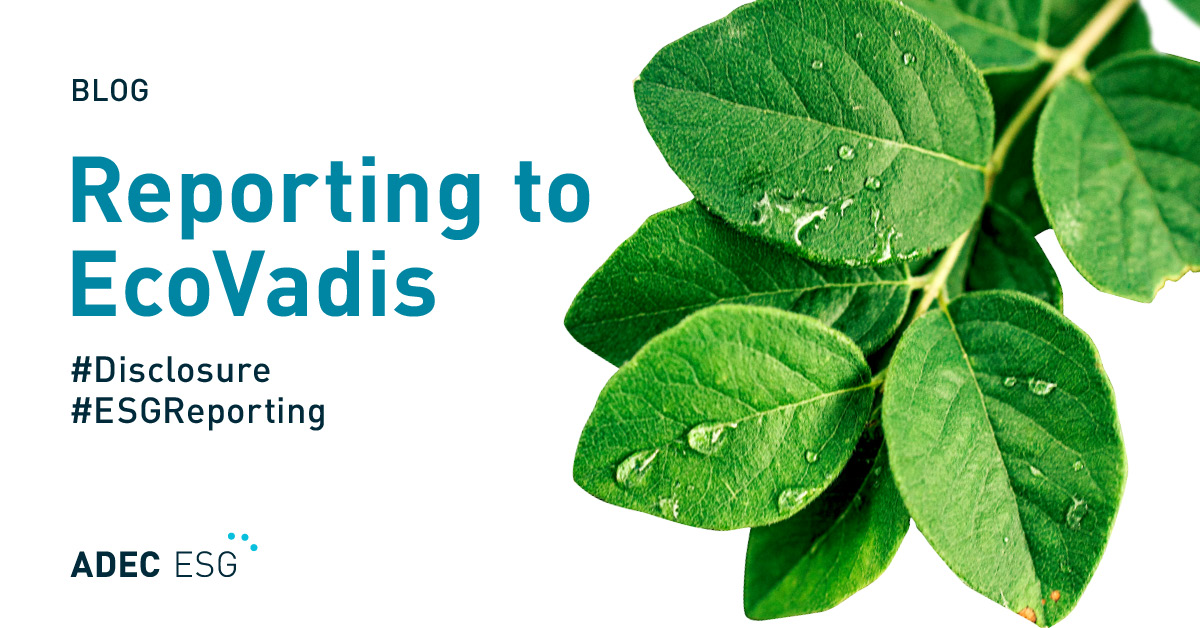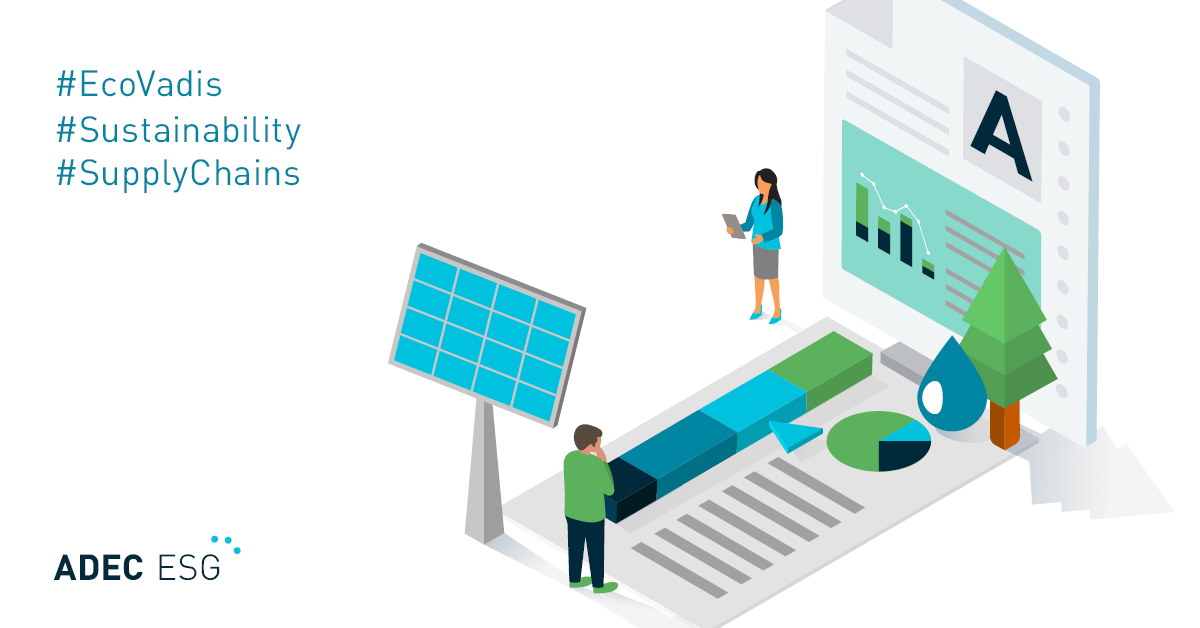Going green can be a driver for value and success in business. Companies such as Apple, Adidas, H&M, Levi’s and Marks & Spencer have already started their journey towards a greener supply chain. These companies, along with Panasonic, Walmart, Microsoft, Esquel and Hitachi, are the highest scoring out of 167 brands with the greenest supply chains, according to the Corporate Information Transparency Index (CITI), a system for examining the supply chain methods of brands.
CITI is jointly developed by the Institute of Public & Environmental Affairs (IPE) and the Natural Resources Defense Council (NRDC). The CITI assessment covers nine industry sectors, each with its own leading brands: IT – Apple; textiles – Adidas; food and beverage – Coca Cola; household and personal care – Kao; automobiles – Toyota; paper – Oji Paper; leather – Adidas; alcohol – Tsingtao; diversified sectors– Hitachi.
Sustainability in the supply chain allows a company to be more knowledgeable about their network of organizations, people, activities, companies and resources involved in producing, handling and distributing their products.
Following are some areas companies may take into consideration to progress towards a greener supply chain:
Creating methods for green procurement
The CITI criteria has increased its difficulty for companies to earn points. A stricter grading system led to a decline in scores for most companies in the 2015 evaluation. Unlike other brands, Apple’s score exceeded 70 points. In 2013, Apple had assessed their supply chain for environmental offenses in order to decrease environmental hazards from suppliers and start using corrective and preventive measures. Since 2015, the company has actively delved into the environmental compliance of their raw materials suppliers.
Working together towards greener supply chains
The CITI assessment covers nine industries, including companies that are competitors in the same industry. Some brands hardly interact, but others with shared suppliers work together for the sake of environmental protection and decreased emissions. One example is Saintyear Holding Group Co. Ltd, a large-scale textile printing and dyeing enterprise that supplies recognized domestic and international brands. Its first pollution violation was detected by Uniqlo, which was obligated to issue a public explanation regarding Saintyear’s wastewater and indirect discharge. Other brands such as Gap, H&M, M&S and Nike joined the efforts to push Saintyear to collaborate with environmental protection organizations. Saintyear also communicated with the IPE to seek solutions.
Multi-stakeholder involvement to encourage social stability
In the 2015 CITI index, some brands are eager and able to use government supervision data to guide their suppliers’ behavior. BYD Precision Manufacturing Co., Ltd received complaints regarding their emissions on waste gas and Volatile Organic Compounds (VOCs). Companies such as Apple, Microsoft and Nokia pushed BYD towards corrective actions, which included working with the local environment supervising detachment to remove illegal emission pipes for VOC gases and improve its monitoring system for air emissions. BYD also worked closely with community residents to address complaints and solve related problems.
The companies commended by CITI see the value of sustainability in the supply chain and demonstrate that it is possible to achieve greener supply chains.
ADEC ESG advances sustainability practices around the globe, offering fully integrated consulting, software and data management services. We develop cost-effective solutions to help businesses recognize sustainability as a main driver for practices and regulations, and integrate sustainability in their daily operations. For more information on managing your supply chain, contact our team today.




